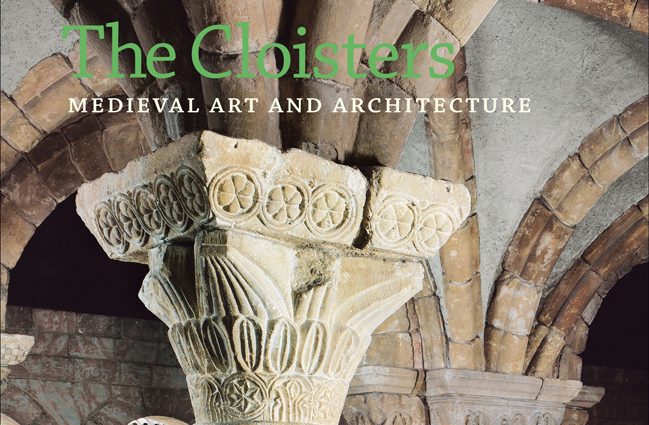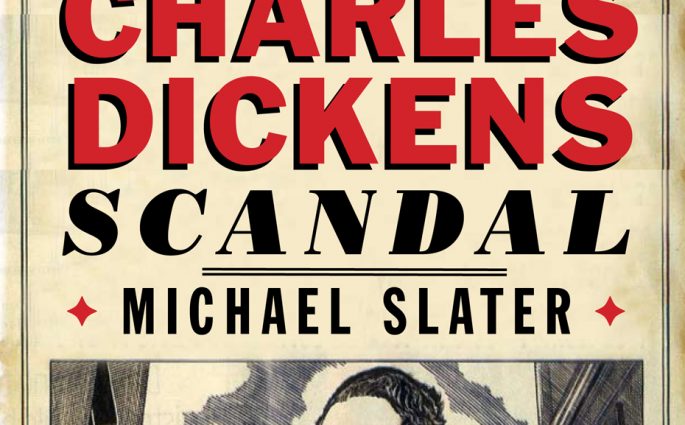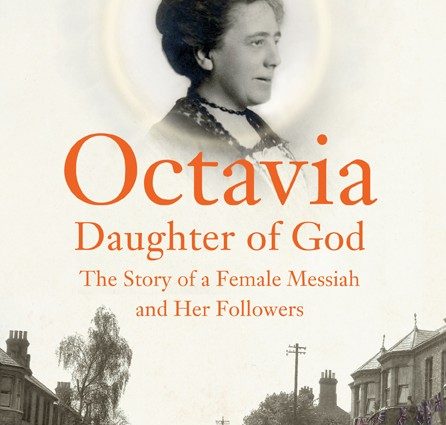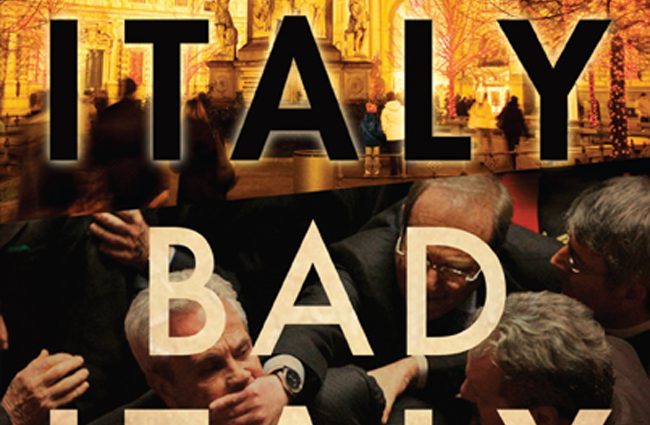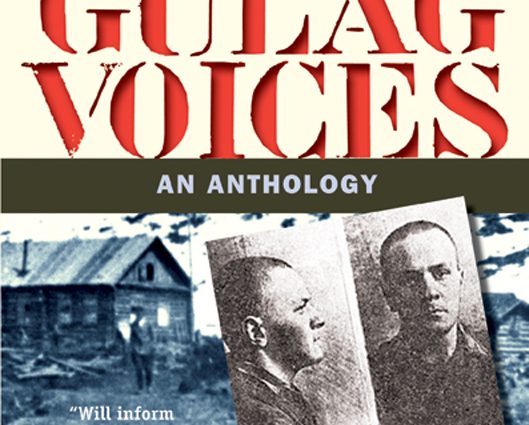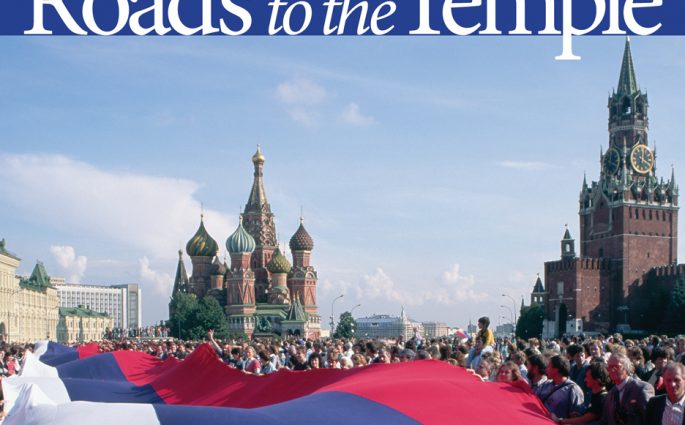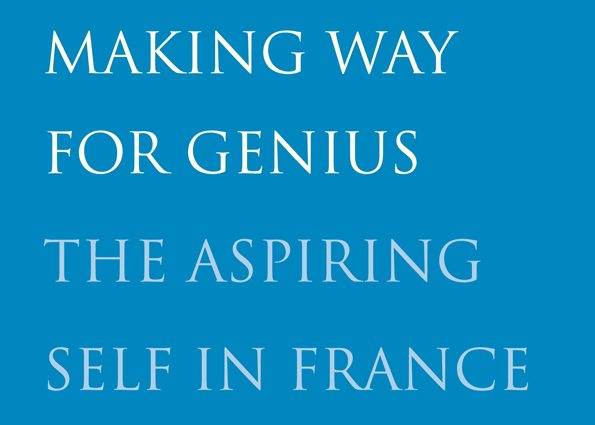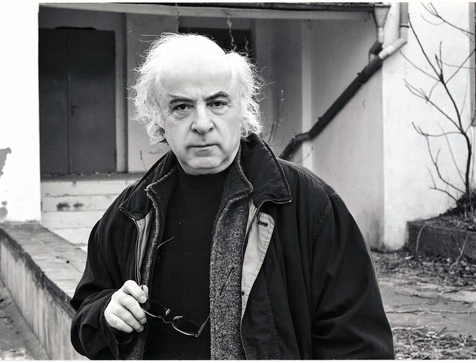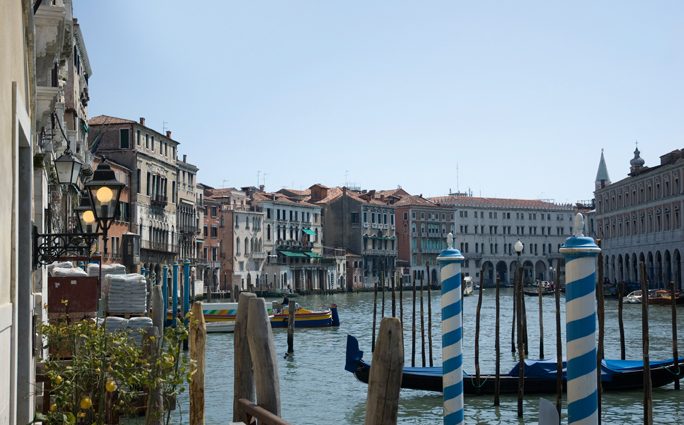Edwardian Opulence: British Art at the Dawn of the Twentieth Century
Follow @yaleARTbooks Edwardian Opulence: British Art at the Dawn of the Twentieth Century opens with Giovanni’s Boldini’s Portrait of a Lady, which features a popular society woman seated on an elaborately embroidered coral silk settee fanning herself with a great black ostrich feather fan. As she leans toward the viewer


